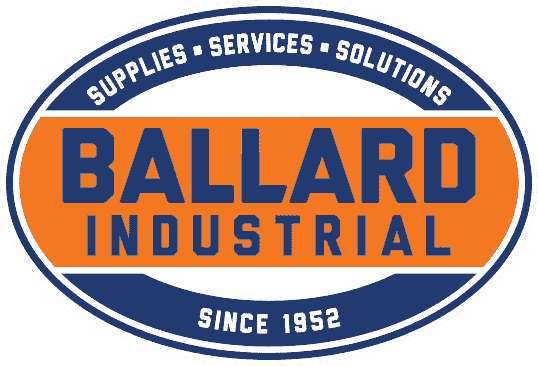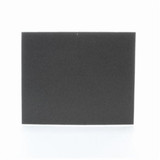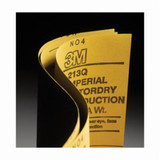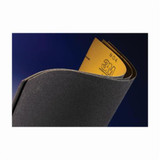Wetordry™ 2018
Coated Sandpaper Sheet, 11" L x 9" W, 80 Grit, Medium Grade, Silicon Carbide Abrasive, Paper Backing
- BIPN:
- MMM-51144-02018
- UPC:
- 51144020188
- Availability:
- Typically Ships in 1 to 7 Days
- Quantity Interval:
- 1 / EA - Each
-
Wetordry™ Coated Abrasive Sheet, 11 in Length, 9 in Width, 80 Grit, Medium Grade, Silicon Carbide Abrasive, Paper Backing, Closed Coat, Applicable Materials: All Metal and Paint, Black, C-Weight Backing Weight, Waterproof: Yes
3M™ Wetordry™ paper sheet 431Q features extra fast cutting silicon carbide on a strong C-weight, waterproof paper backing to provide superior finishing for both wet and dry applications on a variety of substrates, including paint primer, gel coat, metal and wood. Used dry or with water, 3M™ Wetordry™ paper sheets enable the user to rinse areas of the workpiece and the sheet during use to prevent dust and debris from clogging the points of the abrasive and reduce air-borne dust, while producing a faster cut at the same time. These versatile sheets are ideal on surfaces that tend to generate a lot of dust, such as paint and primer; and can also be used dry for finishing metal and gel coats. In the marine industry they are used for sanding old finishes, fine featheredging and surface work. The standard 9 x 11 in sheets can be cut to size for the application. Silicon carbide is a very hard mineral characterized by sharp points that fracture easily, resulting in freshly exposed sharp edges that cut extra fast and produce a smooth, professional looking finish. Silicon carbide products are commonly used for low pressure applications such as paint prep and finishing on wood and metal. While the mineral has a shorter life than aluminum oxide, it produces a superior finish. Our 3M™ Wetordry™ products are backed with our proprietary waterproof paper backing that supports both wet and dry applications. Lighter weight than cloth and smooth rather than textured, paper backing is preferable for lighter applications such as finishing and paint prep. At the same time, many such applications produce a significant amount of dust, clogging the abrasive points and creating an inferior work environment. These effects can be minimized by sanding with water to rinse dust away from the workpiece and the abrasive surface.
-
- Type Wet/Dry
- Length 11 in
- Width 9 in
- Grit 80
- Grade Medium
- Abrasive Material Silicon Carbide
- Backing Material Paper
- Applicable Materials All Metal and Paint
- Color Black
- Waterproof Yes
-
- Versatile sheet can be used wet or dry on paint, primer, gel coat, metal and wood finishes
- Waterproof backing supports wet applications for decreased loading and a faster cut
- Strong C-weight paper backing provides durability for either hand or machine sanding
- Silicon carbide mineral produces a smoother finish than aluminum oxide
- It is a silicon carbide, closed coat product bonded with a waterproof resin
- Heavy duty for increased durability
- Use wet to reduce clogging and extend abrasive life








